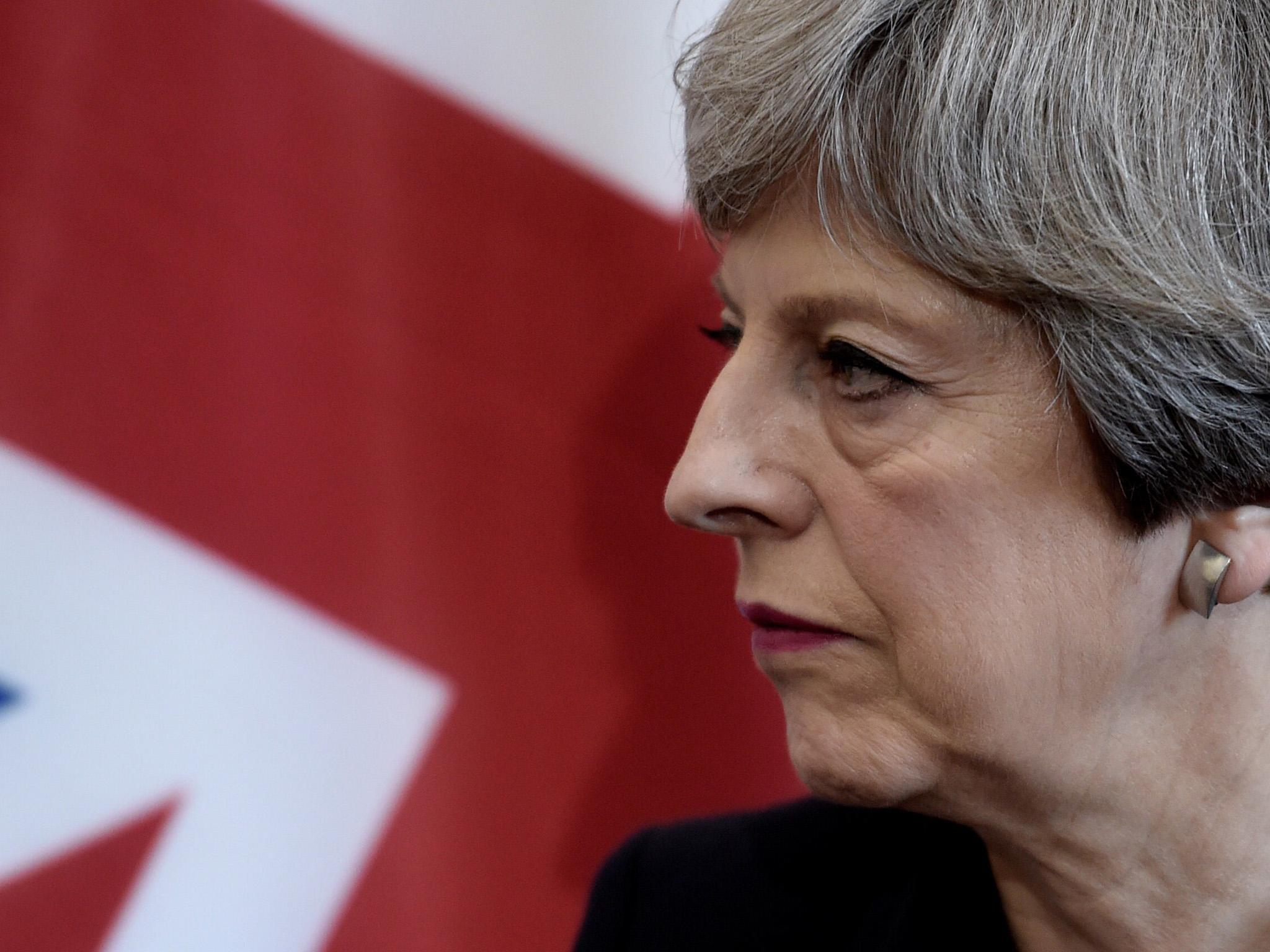Theresa May will meet the same fate as Hillary Clinton if she continues to run a secretive campaign
Hillary couldn’t find ways to connect with portions of the primary electorate that were driven to Sanders because he represented an 'all-out assault on the establishment thinking at the core of her being'


The story of Hillary Clinton’s failure to defeat Donald Trump for the presidency of the United States in 2016 has a lot to teach about the nature of politics. A full account has just been published: Shattered, Inside Hillary Clinton’s Doomed Campaign by Jonathan Allen and Amie Parnes. In places, you can read across to the British scene.
The Clintons as a couple, former President Bill and Hillary, it turns out, had for a long time had a policy of systematically rewarding friends and punishing those whom they saw as disloyal. Fuelling their resentment was the 2008 race between Barrack Obama and Hillary Clinton for the Democratic nomination, which Hillary lost. The Clintons kept the score and harboured grudges. We learn from Shattered that it was “a self-signed death warrant” to raise a question about Hillary’s competence – to her or to anyone else – in the “loyalty obsessed Clintonworld”.
I imagine there is also a loyalty obsessed Mayworld. That is very natural, given the extreme strains to which any prime minister is subject. Prime ministers need all the help they can get. But in the case of Hillary, it was not so much loyalty obsessed as loyalty enforced. And loyalty enforced is never going to see you through a long, tough campaign.
The revelation that Hillary had created her own email server and used it for official business when she was Secretary of State caused a storm. However Hillary turned her fury on her consultants and campaign aides for not getting the media to focus on her platform as a whole.
The authors comment that her policy was “to cast blame on others and never admit to anything”. After the Iowa primary, Hillary blamed her staff for not anticipating the rise of Bernie Sanders, for not being able to create a message to break through the email scandal and for only scraping a win in the state.
May strikes me as somebody who rarely, if ever, admits a mistake. That in itself is understandable. It is difficult for politicians to do so. When a competent manager owns up to an error, if often leaves his or her reputation intact. But in the case of politicians, it detracts from their standing with the public and is a gift for their opponents. Hillary’s grievous fault was not declining to admit mistakes but being an enthusiastic player of the blame game.
Clinton’s major error, shared with the Remain camp in the Brexit referendum campaign, was not to understand the rise of populism. As a result, a traditional Democrat constituency, working class voters of a vaguely left-wing disposition, started to peel away. This is the fundamental reason why she lost the presidential election to Donald Trump.
This raises a question that goes beyond politics. For we can all find ourselves in a situation in which we fail to see something which is obvious to others. What is the cause of this blindness? In the case of Hillary, the authors of Shattered give an interesting explanation.
What distracted Hillary from seeing straight was that her opponent in the Democratic primaries, Bernie Sanders, who, while often supporting the Democratic Party in Congress, had always described himself as a democratic socialist, represented populist discontent. This was particularly offensive to Hillary. As the authors of Shattered write, Hillary couldn’t find ways to connect with portions of the primary electorate that were driven to Sanders because he represented an “all-out assault on the establishment thinking at the core of her being.”
At the same time, Hillary deliberately cut herself off from interaction with the public and thus from a valuable source of political information. She didn’t want to expose herself to unscripted interactions with voters and she avoided chance encounters with voters who might heckle her. The book also records that for most of the campaign, Hillary assiduously avoided direct encounters with the national media, going so far as to have aides move a rope to wall then off from her while she walked in a New Hampshire parade in 2015.
May shares this dislike of random encounters with the public. Her election meetings are invitation only affairs. Her broadcast interviews are often simply the recitation of sound bites. This deprives the Prime Minister of a feel for the electorate and undermines her popularity. It may be one reason why Jeremy Corbyn is now snapping at May’s heels.

Join our commenting forum
Join thought-provoking conversations, follow other Independent readers and see their replies